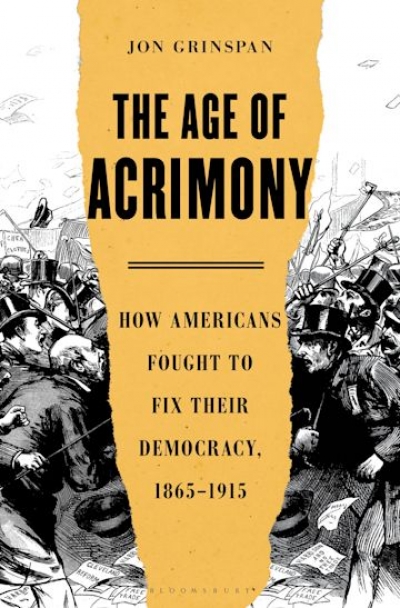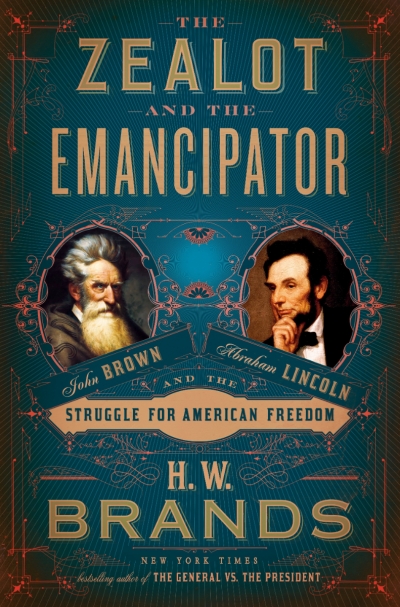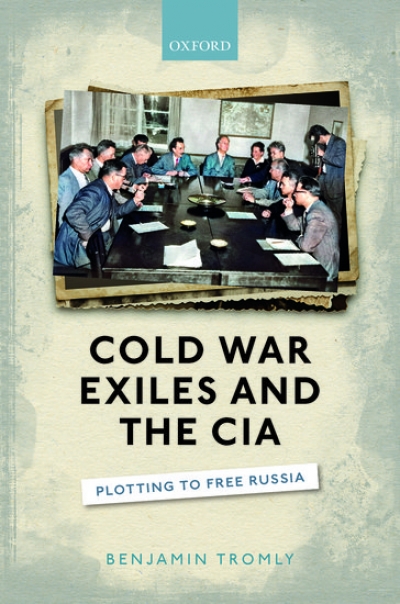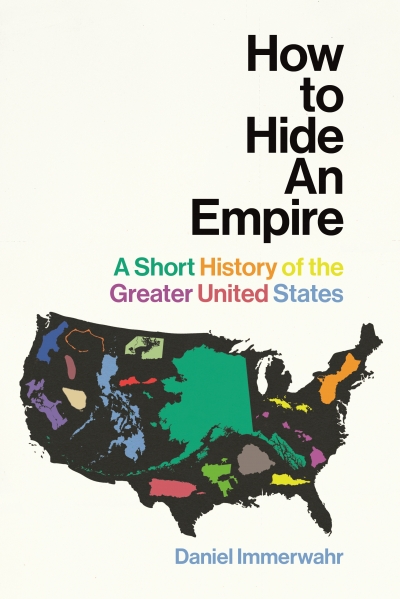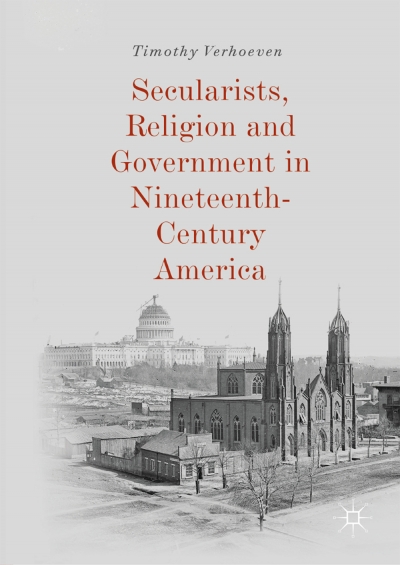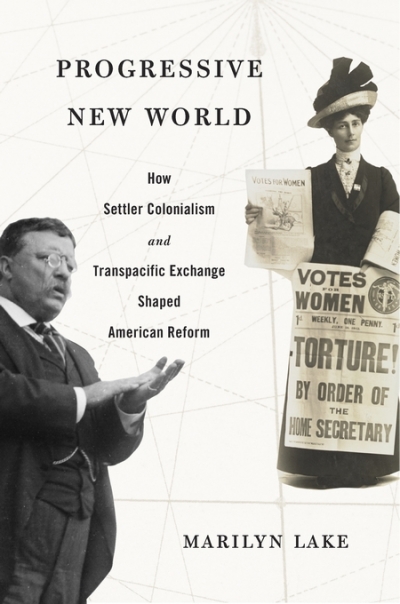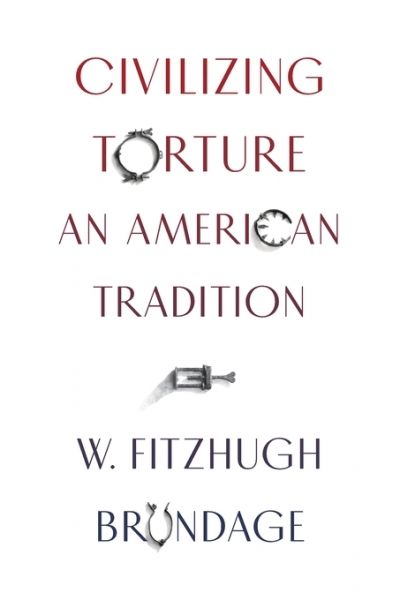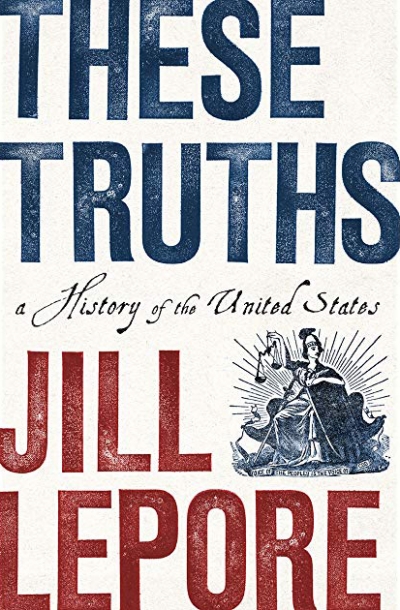US History
American Exceptionalism: A new history of an old idea by Ian Tyrrell
by Emma Shortis •
The Age of Acrimony: How Americans fought to fix their democracy, 1865–1915 by Jon Grinspan
by Samuel Watts •
The Zealot and the Emancipator: John Brown, Abraham Lincoln and the struggle for American freedom by H.W. Brands
by Clare Corbould •
When America Stopped Being Great: A history of the present by Nick Bryant
by Andrew West •
Cold War Exiles and the CIA: Plotting to free Russia by Benjamin Tromly
by Mark Edele •
How To Hide An Empire: A short history of the greater United States by Daniel Immerwahr
by Andrew Broertjes •
Secularists, Religion and Government in Nineteenth-Century America by Timothy Verhoeven
by Ian Tyrrell •
Progressive New World: How settler colonialism and transpacific exchange shaped American reform by Marilyn Lake
by Ian Tyrrell •
Civilizing Torture: An American tradition by W. Fitzhugh Brundage
by Prudence Flowers •
These Truths: A History of the United States by Jill Lepore
by Ben Vine •


